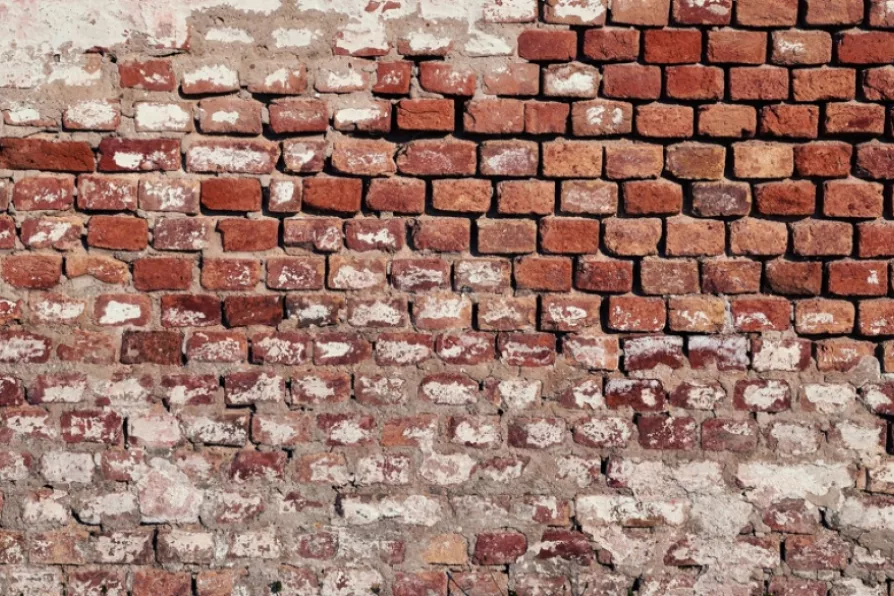MARIA DUARTE is swept along by the cocky self-belief of a ping-pong hustler in a surprisingly violent drama


LAST September I reported on The World Transformed festival, organised by Momentum alongside the Labour Party conference in Brighton. Building on the commitments in the 2017 Labour Manifesto, it included several workshops on culture looking at what the elements of a radical culture policy might be.
That manifesto, clearly reflecting the personal vision of Jeremy Corbyn and his team, was a marked improvement on previous ones. He was the only candidate in 2015 to support the role of the arts in nourishing everyday creativity and its potential for political dissent.
The manifesto also backed policies to improve working-class access to culture, both as workers in creative industries and as spectators and consumers of culture.

Paul MacGee of Manifesto Press invites you to a special launch on Saturday August 2.

MIKE QUILLE applauds an excellent example of cultural democracy: making artworks which are a relevant, integral part of working-class lives












